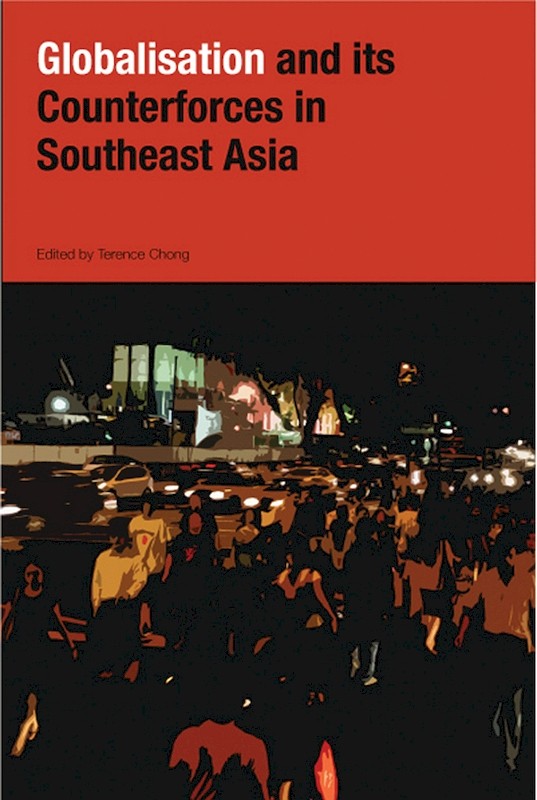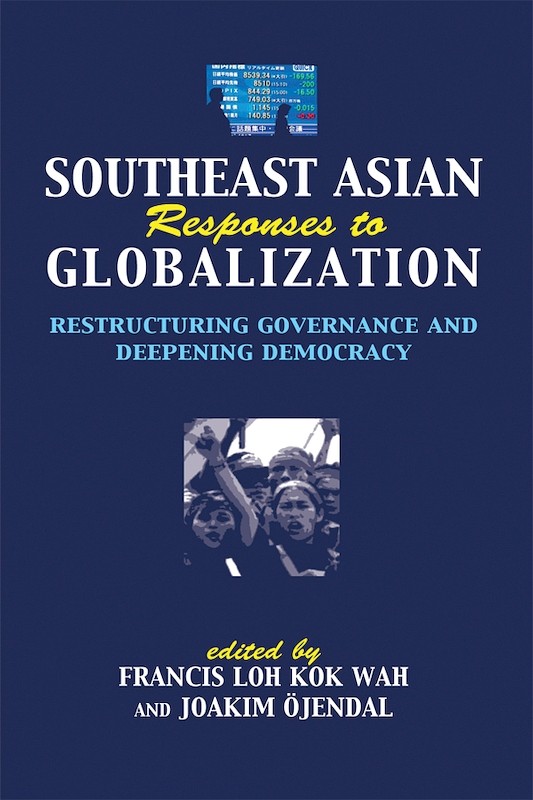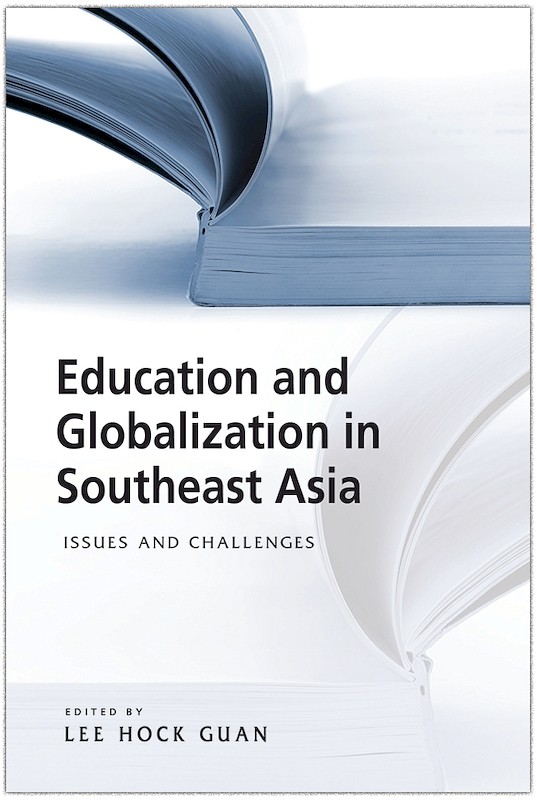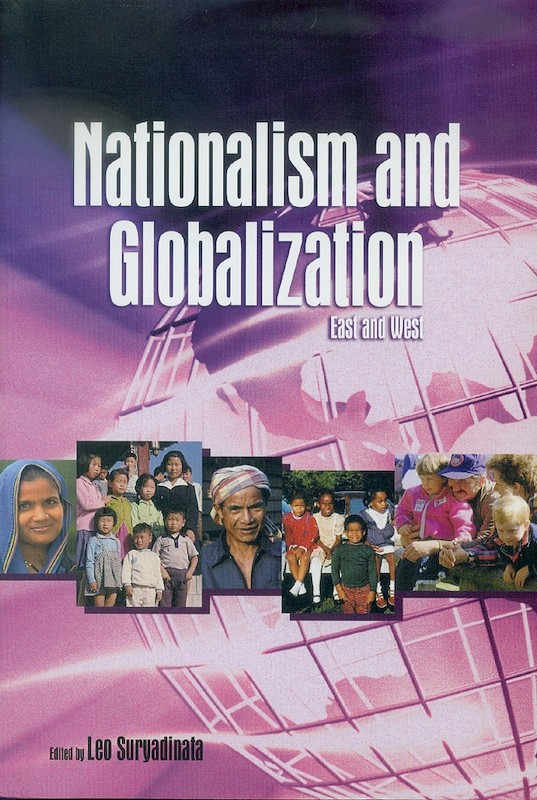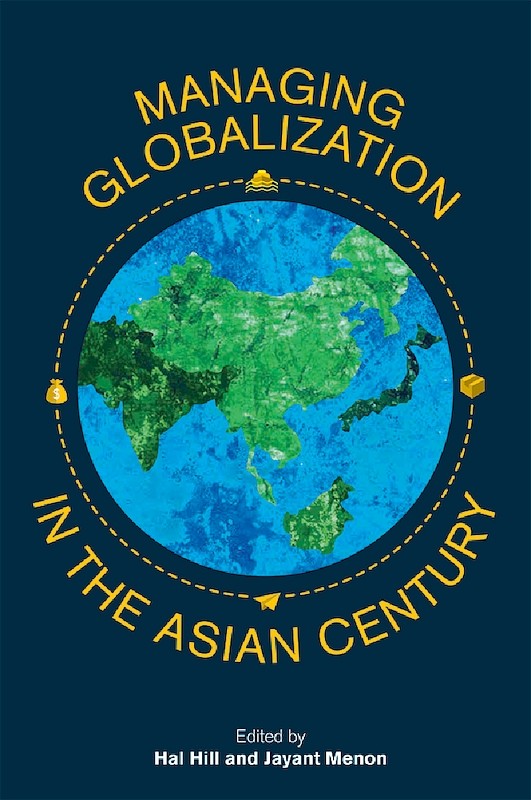Asia's Transformation: From Economic Globalization to Regionalization
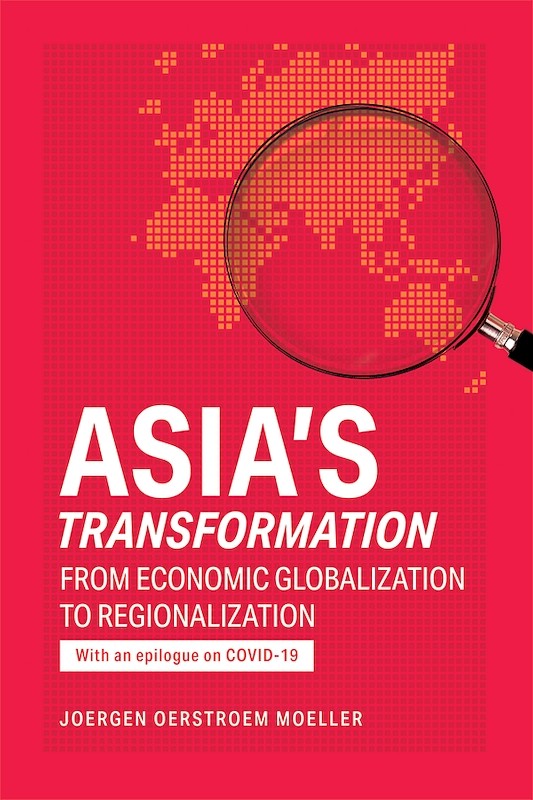
Jørgen Ørstrøm Møller, author
Date of publication:
2020
Publisher:
ISEAS – Yusof Ishak Institute
Number of pages:
195
Code:
BM586
Soft Cover
ISBN: 9789814881227
Reviews
"Written by Joergen Oerstroem Moeller, a leading economic expert from the EU with deep knowledge of Asian geopolitics and macroeconomics, this book provides a wide range of insights into the key strategic trends shaping the future of the region. The book discusses many critical issues transforming the Asia-Pacific region, including global competition among the leading global powers. An important theme discussed in the book is the impact of the rise of Chinese multinationals in leading areas of technology such as big data, as well as drivers of regional economic integration centered on China’s rapid ascendancy as a global economic power. With Asia playing an increasingly important role in world trade and investment, the book provides an important contribution to understanding the key dynamics reshaping Asia’s role in the world economy.”
Rajiv Biswas, Author and international economist formerly with The Economist Group, UBS and the Commonwealth Secretariat.
About the publication
Moeller’s book The Veil of Circumstance, published in 2016, discussed the impact of technology, dehumanization and values on politics and economics. In this book, he takes the analysis one step further.
The cocktail of capitalism, globalization and technology has turned toxic, causing disruptions and cracks in the global economy and societal structures. Economic globalization is being replaced by a mixture of globalization, regionalization and economic nationalism. Neither the United States nor China will in the mid-2030s possess the strength to be a global leader. Power will mainly rotate around a regional axis instead of globally.
The existing political systems and institutions governing the global system see their primogeniture challenged. Social networks open the door to communication for literally everybody; while they link the world to a degree never seen before, they also divide people according to cultural norms and values. The large data companies possess enormous power that threatens both national governments and the global political and economic infrastructure.
Contents
-
Asia's Transformation: From Economic Globalization to Regionalization
[Whole Publication, ISBN: 9789814881234], by Jørgen Ørstrøm Møller, author -
Preliminary pages
-
1. Introduction: Is Civilization Heading Towards a Collapse?
-
2. The Cocktail of Capitalism, Technology and Globalization Turns Toxic
-
3. Democracy
-
4. The Nation-State
-
5. Significance of the Global Financial Crisis
-
6. Global Economics Financial Horizon 2035
-
7. Globalization to Regionalization
-
8. The Power Game in Asia
-
9. Conclusions
-
Epilogue: COVID-19
-
Index
-
About the Author

